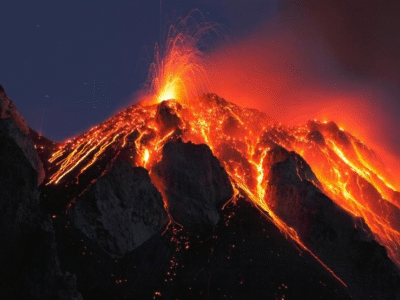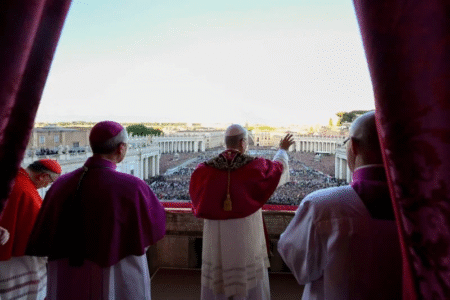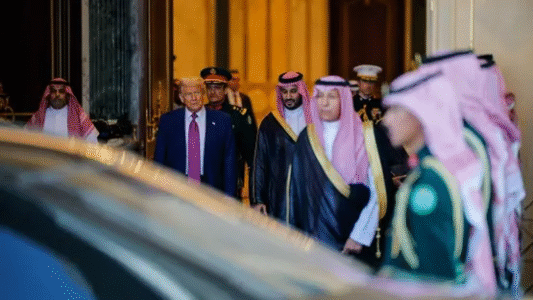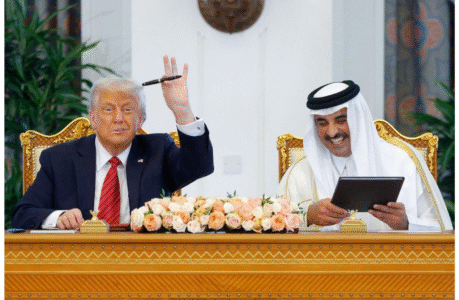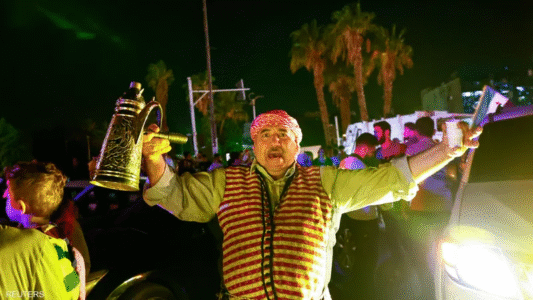The collapse of the new Syrian regime within weeks? Reading Marco Rubio and the risk of excluding minorities
The collapse of the new Syrian regime within weeks? Reading the statements of Marco Rubio and the risks of excluding minorities in a remarkable development that may carry sensitive intelligence and political dimensions, US Secretary of State Marco Rubio launched a controversial statement, in which he expected “the collapse of the Syrian regime within weeks”, despite what he described as “stimuli” that Washington made by lifting US sanctions on Damascus, in parallel with a similar European decision. But the question that imposes itself: Are these statements based on accurate intelligence information that predicts an imminent explosion? Or is it a political pressure paper aimed at promoting the Syrian regime to adhere to certain conditions, most notably the dismantling of the salafi influence networks within the state’s apparatus? Between diplomacy and convincing threat, is the collapse of the new Syrian regime possible? Marco Rubio did not come from a vacuum, but rather came after a diplomatic path that witnessed Western decisions to reduce sanctions on Syria, which sent internal optimism letters, especially between religious minorities such as the Druze community and the Ismaili sect. However, these statements brought doubts to the fore, and prompted observers to ask about the realism of this optimism, if the United States is still betting on radical changes in the structure of the Syrian authority. Is the Syrian government today unable to implement the basic American demands, foremost of which is the exclusion of militant Islamic elements from decision -making centers, which are elements in which Washington sees a direct threat to the future of pluralism in Syria. Minorities pay the price, the Druze community is a model for the minorities in Syria a difficult number in the political equation. Today, with the complexity of the scene, these components appear in the danger goal, not because of their decisions or their alignments, but rather the result of international and regional accounts that deal with the Syrian file as a uniform, ignoring the nuances between its components. It is noted, for example, that the province of As -Suwayda, with a Druze majority, suffers from systematic marginalization – from frequent electricity pieces to the absence of basic services – which reflects a deep tension between the sect and the central authority. Although there is no direct military confrontation, the political and social estrangement is almost complete, and this is evident in the position of Sheikh Al -Hijri and other religious leaders who refuse to enter Syrian security into the region. Is Syria heading towards a “cancellation war”? One of the most dangerous things mentioned in Marco Rubio’s speech is his talk about an upcoming “eternal civil war”. Here, it is necessary to stop in front of the term “abolition”, which refers to a terrifying scenario: targeting minorities by jihadist Salafi groups seeking to impose one sectarian identity on the entire Syrian soil. In the event that the central authority is lost, the security and political void may be filled by these groups, which do not hide their hostility to the non -Sunni components, especially the Alawite and Druze sects. This scenario brings to mind previous models in Iraq and Libya, where the regime’s failure to produce an inclusive democratic alternative, but rather led to the disintegration of states and their transformation into conflicting areas of influence between armed factions of a sectarian or tribal nature. The collapse of the new Syrian regime, between the American betting and the Syrian deficit, the United States, and Rubio’s statements suggest that they are betting on an internal change in the structure of the Syrian authority, but without providing direct support or actual political alternatives. On the other hand, the Sharia government (as some call it) appear unable to achieve this transformation, whether due to internal loyalties, or the fear of the disintegration of alliances that guaranteed them to survive over the past years. The most dangerous thing is that the “diplomatic victory”, which was represented in lifting the sanctions, did not translate into practical steps that reassure the Syrian interior, but was followed by an escalation in the American dialect, which made many Syrians consider that the lifting of sanctions was a temporary tactic, nothing more. The dilemma of trust between the state and society is the Syria crisis today is not only in the war, but in the absence of confidence. The Syrian society, in its various spectrums, does not seriously trust the regime in making real political reforms, nor does it trust Western promises that have often turned into chaos projects. From this standpoint, the collapse of the new Syrian regime – if it happens – will not necessarily be a victory for democracy, but may be a gateway to the collapse of the state itself. In this context, Rubio’s statements should be seen not only as a warning, but as an indication of an American orientation towards chaos and not containing it. What is required before the collapse of the new Syrian regime? From a critical analytical point of view, what is required today is to get out of the “overthrowing the regime” dualism or “keeping the status quo”, and moving to a new approach that rebuilds confidence between the Syrian components, and enhances the state’s presence on the foundations of citizenship, not sectarian or ideological dominance. Also, the Syrian administration must realize that its continuation is not only thanks to the force or regional alliances, but also through the embrace of all Syrians, specifically the minorities that constitute a guarantee for the unity of the country. As for the international powers, they must stop turning Syria into a battlefield, because the collapse of the Syrian state will mean opening a new front of instability in the Middle East. Where does the Syrian scene go? Marco Rubio’s statements about the collapse of the Syrian regime are not just expectations, but rather a clear warning of chaos and loss of control of the Syrian file. In the absence of a serious political initiative that includes all parties, the worst scenario seems more realistic than ever. Therefore, the ball remains in the stadium of the Syrians first, and in the hands of the international powers second, either rebuilding a state on a comprehensive civil grounds, or entering a dark tunnel from the civil war and sectarian conflicts. Lebanon today

